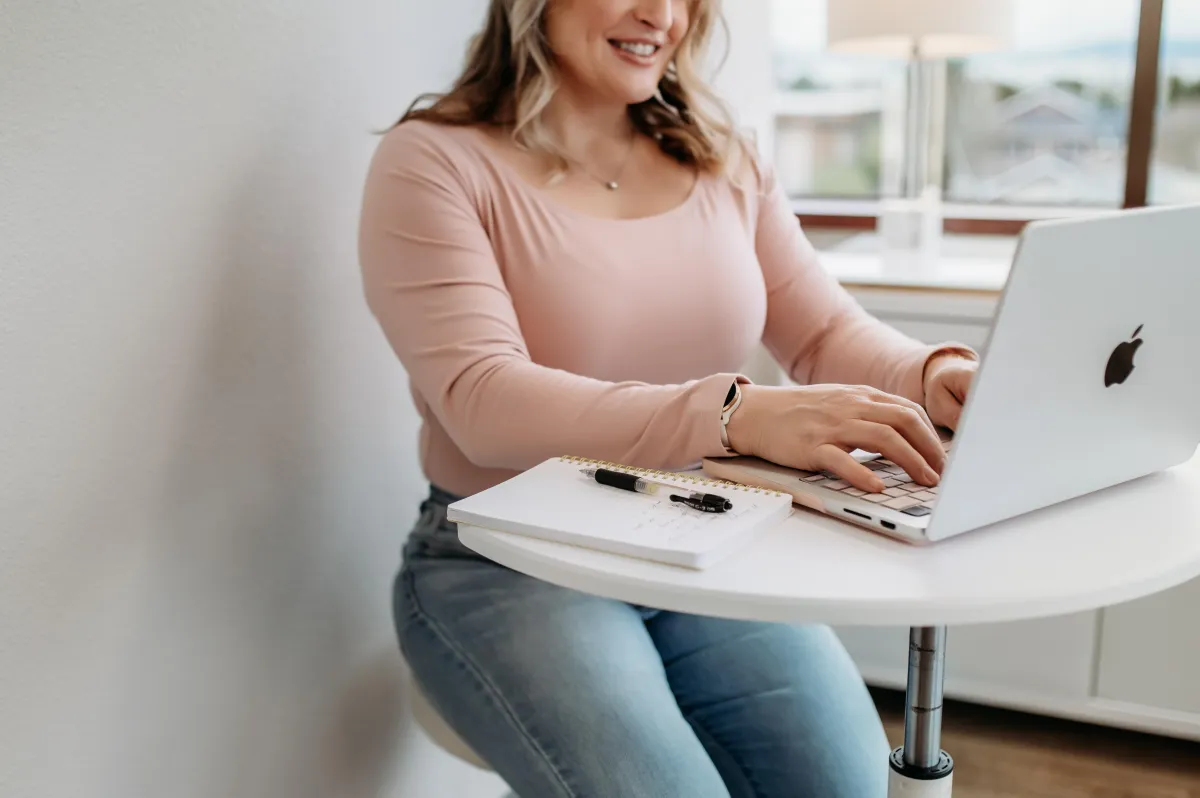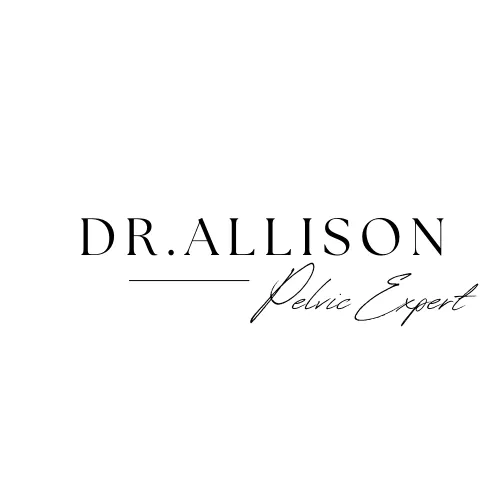

My Mom Got Diagnosed With Osteopenia
My heart broke when I found this out. I immediately went into the 'we are going to reverse this’ mode. Fact of the matter is my mom's been in menopause, or been out of menopause for the last 15 years. She hasn't had her normal levels of estrogen, and although she works out 5 to 7 days a week doing weightlifting-type exercises, she works out at F45 and she is 66 year-old. That is quite impressive and might I say "goals."
But there was something missing.
How is my mom, this woman who can deadlift more than most 20-year-olds, ending up with bone thinning when she weights her skeleton with actual weight lifting so consistently? Weight lifting builds muscle and this muscle connects to the bone via tendons. Those tendons when stressed, aka when lifting weight, pull on the bone and that force stresses the bone and that causes more bone to be laid down, making the bone stronger.
The fact of the matter is that there are so many things that go into bone density.
Yes, you absolutely have to be lifting weights to build your muscle to preserve your bone as you get older.
However, you must be replenishing your body after you work out every single day. A solid post-workout meal consists of carbs and protein to feed the muscles fast, ideally within 45 minutes of working out. If you're stressing your body during your workout but you're not replenishing or you're under-eating, that can create the lack of recovery. Therefore, the increased stress on the bones does not recover and become stronger; it actually gets weaker. The other important piece, especially in this area, is the need to get enough vitamin D and calcium. If you don't supplement calcium with vitamin D, the calcium cannot be absorbed. So essentially those are two nonnegotiable supplements once you go through perimenopause and menopause. (Postpartum is a mini menopause, so it absolutely holds true for that time period too and hence why we have so many postpartum fractures).
So what's my plan to improve my mom's bone density? Let me break it down for you.
We were tracking her bone density with the Dexa scan that comes to Body Motion, Body Spec. It is not an accurate measure of bone density as it was wildly and vastly different from the one she received at the hospital, so I do not think Body Spec is a great legit test for bone density. If you are testing your body for bone density, you should get a medical grade bone density test, and Body Spec would support that statement as well. Now will Body Spec help improve your relationship to what your muscles are, and knowing approximately how much muscle to fat ratio you have? Absolutely yes. How accurate that is will be just simply based on how consistent you are at measuring to get your accuracy with this test. It's just a good test if you want to stay motivated with your goals to build muscle and/or lose fat. In an email to come, I'll break down my body spec test results over the last few years.....
So here's the plan for my mom: she's now supplementing daily calcium and vitamin D as we move forward. I'm also suggesting that she eats her lean mass in grams of protein a day. Her lean mass is around 100 pounds, so that's how many grams of protein I'm suggesting that she ingests every single day, whether that is through meat, Greek yogurt, whatever form of protein she wants.
We already know that she's getting plenty of weight and resistance training. But I think she just is not getting enough nutrition post-exercise to refuel the muscles. Just today she told me she went to the 7am class and is going back at 4:30 to train legs. So on that kind of day she will need even more. Carbs and fats are very important too, but protein tends to be the thing that people have to be more cognizant to consume.
People always ask me if walking or cardio classes are enough for helping with bone density. It isn't enough; you have to get under external loads and weights. If you want to just walk then use a weighted vest. I'll be getting her a GORUCK Vest.
The vest’s purpose is to cause compression of the spine of an external source, and the compression of the trunk and core muscles so then you can walk with that external load. One of my mom's biggest areas of thinning is in her neck/ thoracic region and my guess is since she doesn't get underneath a barbell she doesn't weight her spine in that direction. Because of that, she's not getting the load through her upper spine. And she probably won't switch to barbell training now (Got to keep her loving the movement she currently does). So we are going to start with the weighted vest for when she walks and possibly when she works out on low intensity days.
However, in order to keep the areas of the bone very strong in the hip sockets, which is where the very large portion of thinning occurs in most people, you've got to do weights to load the hips. Whether that is squats, deadlifts, lunges, or split squats, there's 1 million variations. That's what has to happen to stress the bone and keep the muscle strong now. If you feel those movements and you can't do those pain-free, or you feel them in your back, you need to start seeing an expert. And I would say a pelvic expert because what we do is we help open up at the pelvic floor and the hips. This allows the hip to better move in the hip sockets, meaning that the hip muscles like the glutes and the rotators of the hip can perform better, get stronger faster, and maintain their strength and pull on the bone. If the femurs are moving appropriately in the joint but the pelvic floor is confined or restricted, not open, then you don't get that movement in the femur. That makes it very hard to get hip flexion and extension, and a lot of the movement then comes from your SI joints and your lower back joints
So the doctor wants to test her bone density again in five years. Unfortunately, he doesn't know that she has a daughter that is very invested in accelerating her bone healing as fast as humanly possible, naturally with lifestyle changes. We will be advocating to get a test at the one year mark so we have one year of consistent supplementation, intentional weighted exercise, and intentional protein consumption to replenish the muscles in the tendons that pull on the bone. (AND consistent pelvic work, if I can get her to leave her modesty at home). If she can be consistent with this, which I know she can, she no doubt should be able to change the composition of her bones. (I should briefly mention that her doctor had a print out about bone health and how to prevent transitioning to full on osteoporosis, it fell vastly short as my mom was already doing everything listed). Just another example of where we need more support for women's health!
Most of the stuff I do focuses on fertility, pregnancy, postpartum, but I absolutely love working with middle-age women and women that are past menopause to help restore their pelvic floor function and total body function, especially their hips. Not just to bring them bladder health and improve sex lives, but to have these abilities to work and grow their butts and their muscles to help prevent hip fractures later in life. This stuff is so important.
If you want to meet to talk about how you can change your bone density or be as preventative as possible, come in for a free consultation.
